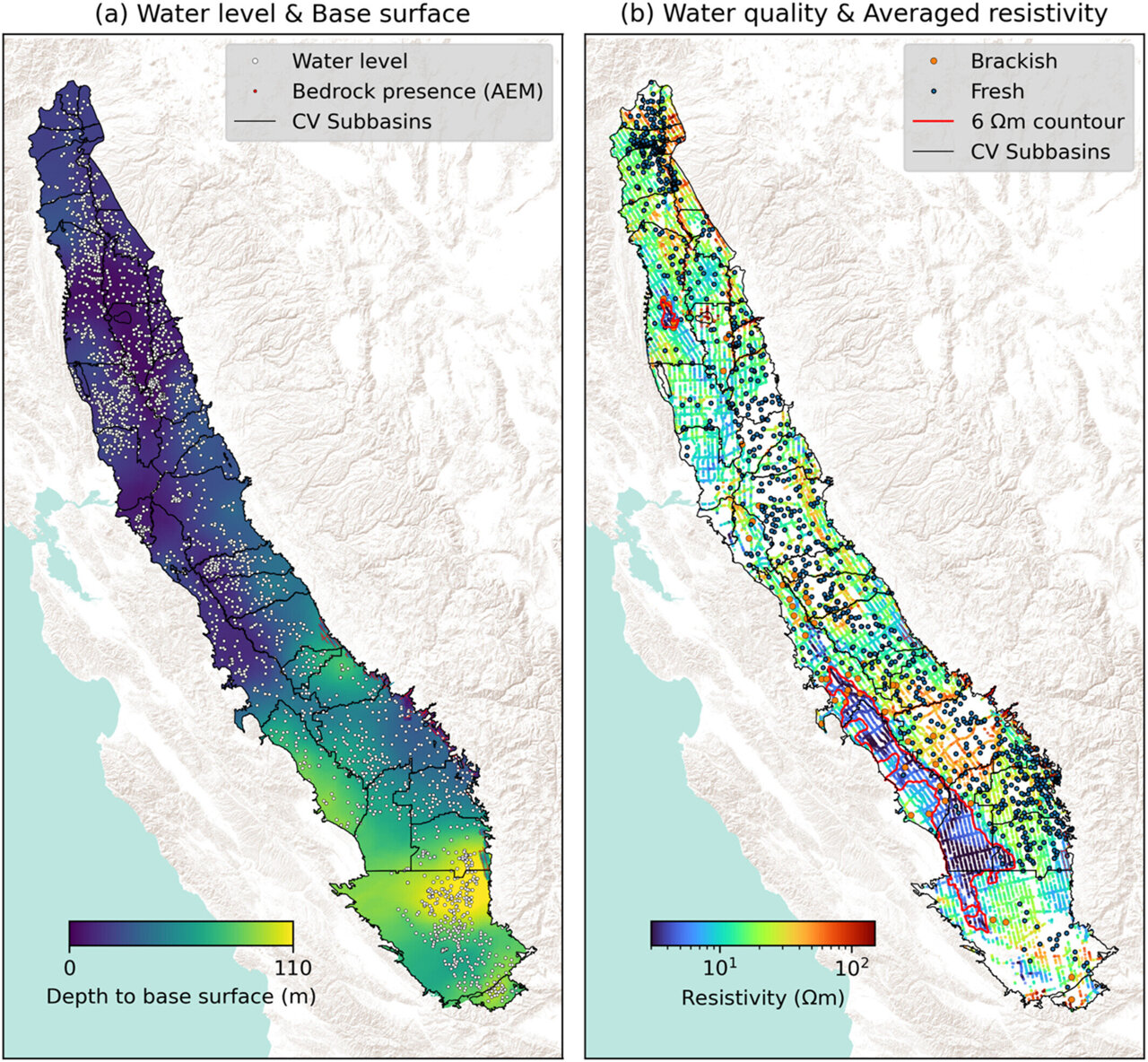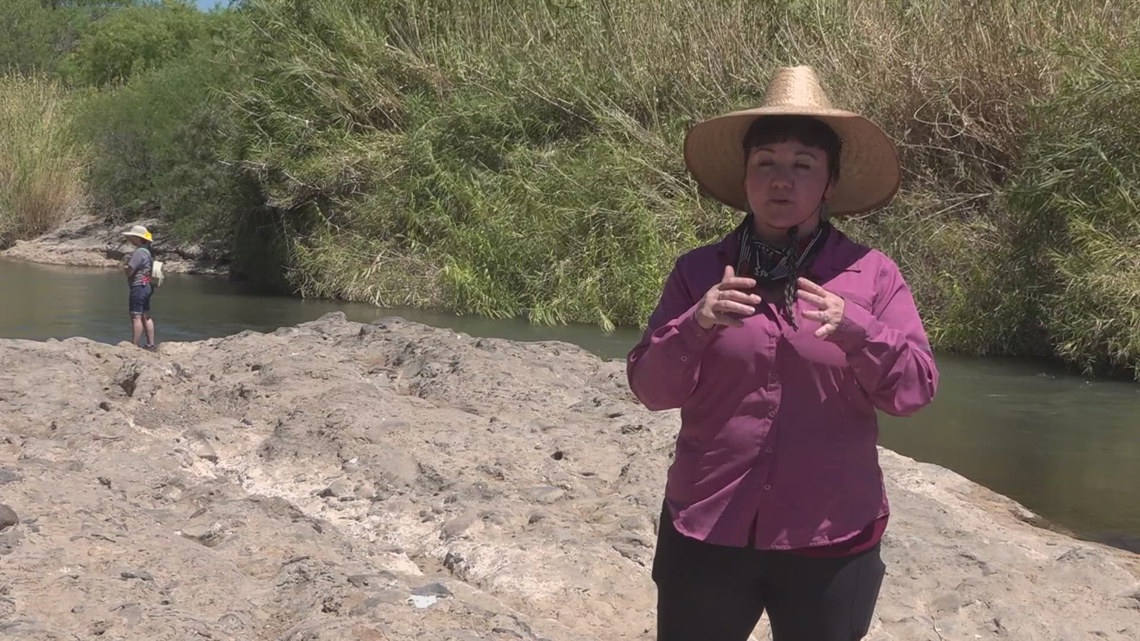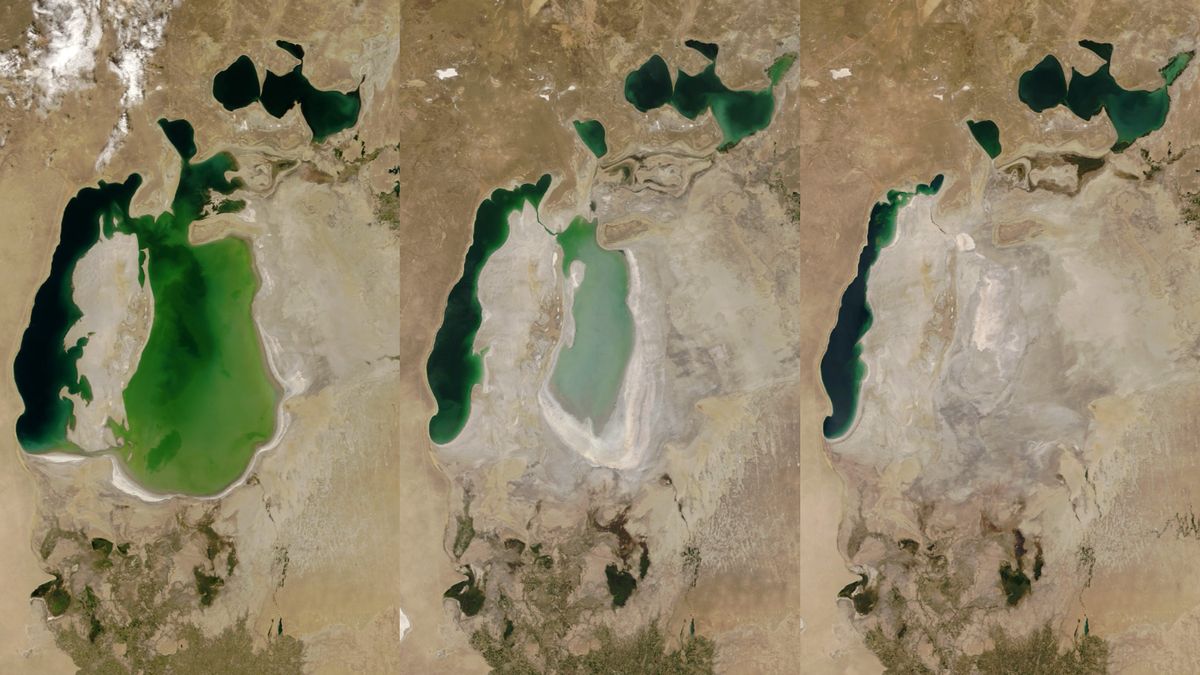
Sanctuary of Science: French University Becomes Magnet for American Researchers
Aix Marseille University is making waves in academic recruitment, positioning itself as a beacon of academic freedom for top U.S. researchers seeking refuge from increasingly politicized educational landscapes. The university's innovative "Safe Place for Science" program is attracting premier American academic talent who feel constrained by mounting political pressures in their home institutions. By offering a supportive and unrestricted research environment, the French university is presenting an appealing alternative for scholars who want to pursue their work without ideological interference. The program specifically targets researchers in fields like social sciences, humanities, and emerging interdisciplinary studies who may feel their academic freedom is being compromised in the United States. Leveraging France's strong tradition of intellectual independence and robust academic protections, Aix Marseille University is creating a compelling international platform for scientists and researchers seeking an environment where intellectual exploration can flourish without political limitations. The initiative not only provides professional opportunities but also represents a significant statement about preserving academic integrity in an era of increasing political polarization. As more U.S. academics explore international options, this program could potentially reshape global academic mobility, offering a transatlantic alternative for those committed to unrestricted scientific inquiry and research.









